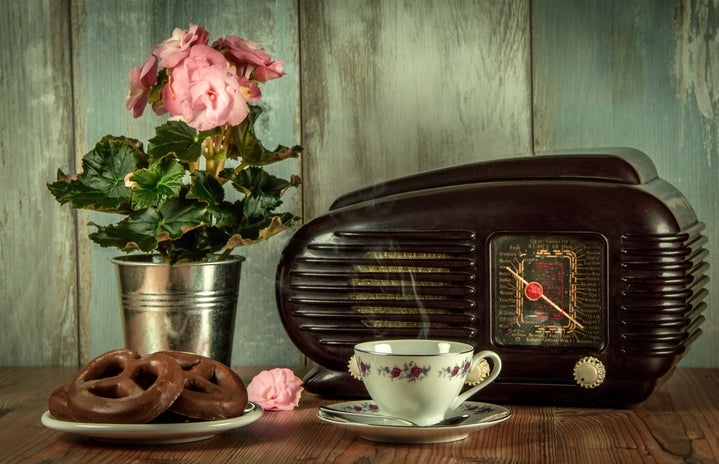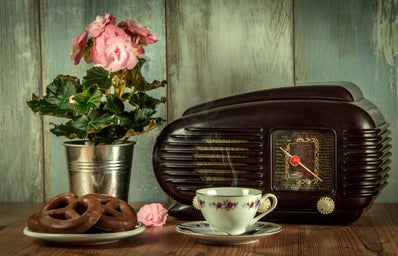There’s a popular saying among my friends that goes “Life happens, coffee helps,” and seeing the endless lines of tired and anxious students every day in the libraries’ Starbucks definitely puts this in perspective. Whenever I see those long lines, I can’t help but think of cars sitting at the gas pump early in the morning before enduring the road ahead. My friends are among those who stand in line, waiting for that cup of coffee to fuel them up for their long day, and I personally wouldn’t want it for any other reason (unless I’m looking for people with random mood swings throughout the day).
There is no denying that coffee has become such an important aspect of many cultures, and being caught in the middle of two cultures has shown me the great influence of coffee on the daily lives of people.
Growing up, I remember how my parents’ mornings would only start after they had their first sip of a warm cup of coffee. In Lebanon, many mornings consist of morning “coffee visits” with friends and neighbors which — you guessed it — consist of an endless amount of Arabic coffee. There is also the occasional Turkish coffee fortune-telling that is done by interpreting the grounds of coffee after swirling the cup and turning it upside down. In the U.S., the morning “coffee run” is part of the daily routine for many people. It’s such a significant part of American culture that even in most of the movies I have watched, such as The Proposal, The Devil Wears Prada and Breakfast at Tiffany’s, there is at least one scene where successful people value their coffee like it is a cup of gold.
But, despite being a part of two cultures that place so much emphasis on coffee, I have always prevented myself from getting into the habit of drinking it. Seeing how addicted my friends became to this drink was a consistent warning sign to me, which was even more visible during the fasting period in Ramadan, where some of my Muslim friends couldn’t function properly until their fast was finally broken with a big cup of coffee. Some of them would even use the last few hours they could eat, called suhoor, to drink coffee in order to have a semi-functioning, headache-free day.
The social aspect of coffee has also produced its share of awkward moments when a friend or family gathering would end with me having to explain to others why I don’t want to share in their coffee galore, as if there’s an unwritten expectation that everyone must drink it. There are reasons beyond having medical conditions as the excuse to avoid coffee, but they don’t understand that. To be fair, I can see why assumptions like these even exist. Everyone’s love of coffee, especially on college campuses, makes you feel like you should be drinking it too, and on many occasions, it’s really tempting to just grab a cup of coffee like everyone else to pull an all-nighter.
I also definitely don’t see every person who drinks coffee as some caffeine-crazed maniac. Some people genuinely love it for its taste, which is pretty understandable. Even though my reasons for not drinking coffee simply stem from my observation of the addictive relationships it has caused, this is a good enough motive to keep me away from it.
So for now, you will probably never see me with a cup of coffee in hand but rather continue resisting its wonderful aroma on every street corner and in every library as I sip my blackberry tea and wait in the Starbucks line for my brownies and cheese Danishes.

